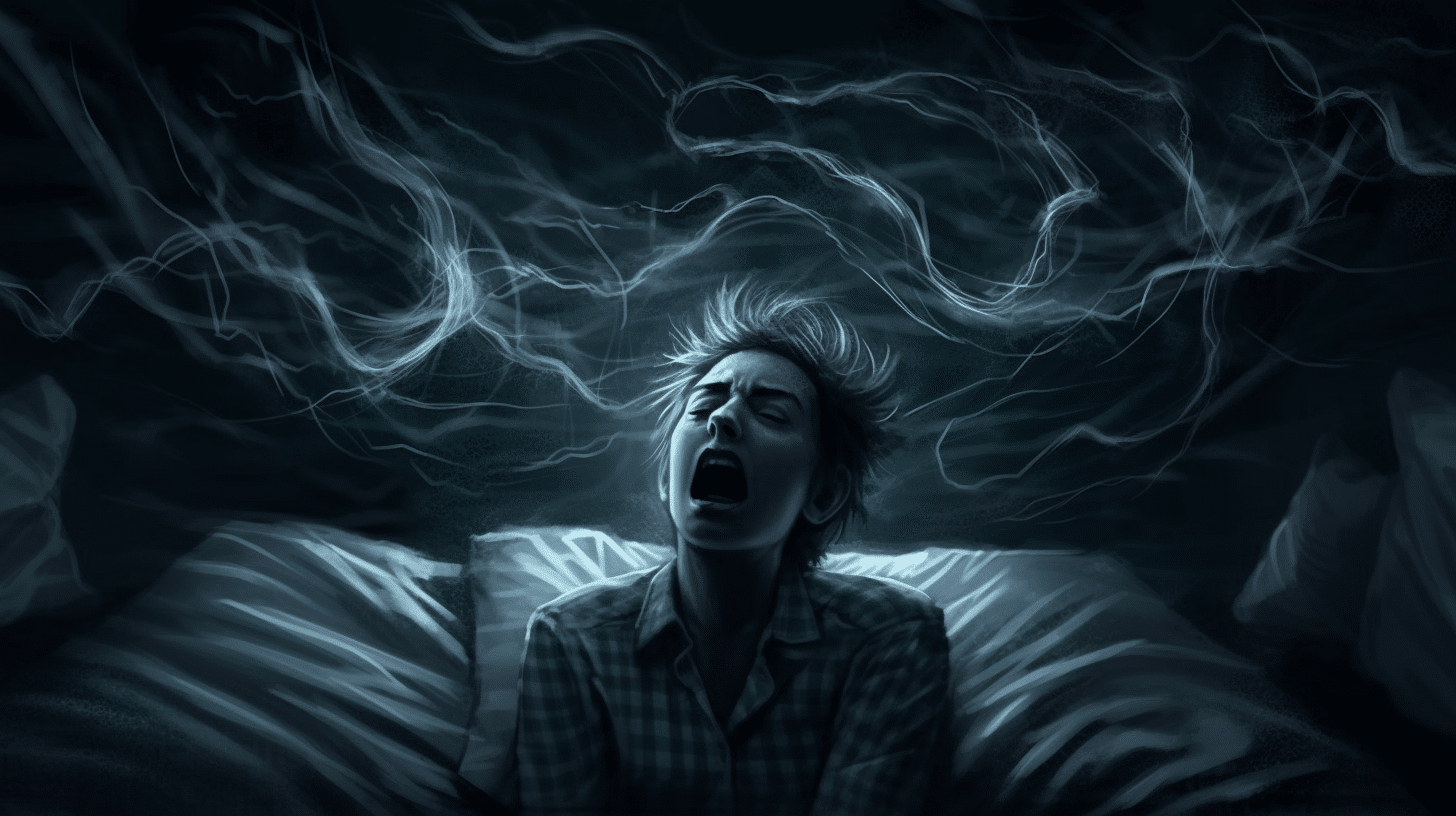Pulsatile tinnitus is a condition characterized by hearing noises that are frequently rhythmic and beat in time with one's pulse. This condition stands out from routine tinnitus, where the noise heard does not necessarily follow a rhythmic pattern. Pulsatile tinnitus can considerably impact the lifestyle of those affected by it.
Symptoms and Causes
The most typical symptom of pulsatile tinnitus is a balanced swooshing or whooshing noise inside the head that equals the pulse. This sound is normally triggered by blood pulsing faster than regular through numerous veins and arteries near the ears, including those in the neck and at the base of the skull. The noise heard can be likened to hearing one's heartbeat.
Pulsatile tinnitus is frequently the outcome of conditions or problems that change the circulation of blood in the blood vessels near or around the ears. A number of medical conditions can result in pulsatile tinnitus, including atherosclerosis, sinus wall irregularities, arteriovenous malformations, hypertension, anemia, middle ear growths, idiopathic intracranial hypertension, head injury, hyperthyroidism, and Paget's illness.
Medical diagnosis and Tests
Identifying pulsatile tinnitus generally begins with a health care service provider using a stethoscope to listen to the neck and skull. This initial evaluation assists figure out whether the pulsatile tinnitus is objective (heard by the company) or subjective. Extra tests can include tympanometry to determine ear pulsing, angiography, magnetic resonance angiography (MRA), MRI, Doppler ultrasound, and computed tomography (CT) scans.
Management and Treatment
Treatment for pulsatile tinnitus focuses on addressing the underlying condition triggering the signs. If a particular cause like atherosclerosis is determined, suitable medical management can relieve or reduce the symptoms. In cases where no medical condition is discovered, management strategies include sound generators, environmental enrichment gadgets, relaxation methods, and therapy choices like cognitive behavioral treatment (CBT).

Cleveland Clinic. (2022, June 27). Pulsatile Tinnitus. Retrieved February 21, 2024, from https://my.clevelandclinic.org/health/diseases/23422-pulsatile-tinnitust
Prognosis
The diagnosis for pulsatile tinnitus varies significantly depending upon its etiology. Causes related to extensive cardiovascular disease can substantially impact morbidity and mortality. Nevertheless, some causes might have no serious long-term impacts. Early detection and treatment improve client outcomes.
Differential Diagnosis
Differentiating pulsatile tinnitus needs differentiating in between vascular and non-vascular causes and further classifying into arterial vs. venous etiologies. A variety of conditions can cause this condition, including arteriovenous fistula, atherosclerotic vascular stenosis, idiopathic intracranial hypertension, anomalous basilar artery, paraganglioma, tensor tympani myoclonus, Paget's Disease, and otosclerosis.
Avoidance and Patient Education
While not all reasons for pulsatile tinnitus can be prevented, understanding the condition and taking part in treatment strategies is crucial. For example, patients with carotid bruits ought to be counseled on ways to improve their cardiovascular health and the significance of regular follow-ups with their healthcare group.
Enhancing Healthcare Team Outcomes
Clients with pulsatile tinnitus might provide in various medical environments. Primary care practitioners should understand when to refer patients to an otolaryngologist. The treatment team may include specialists from radiology, neurosurgery, cardiology, otolaryngology, and main care. This multidisciplinary technique makes sure extensive care and effective management of the condition.
P. Lenkeit, C., & Al Khalili, Y. (n.d.). Pulsatile Tinnitus. National Library of Medicine
In summary, pulsatile tinnitus is an intricate condition with various possible causes and a broad spectrum of management strategies. Its treatment is highly based on properly identifying and addressing the underlying cause. Early diagnosis and a collaborated technique among health care service providers are key to reliable management and enhancing patient outcomes.
Unique Elements in Pulsatile Tinnitus
Pulsatile tinnitus, with its distinguishing characteristics, needs a nuanced understanding and method to treatment. Unlike common tinnitus, the pulsating nature of this condition often recommends a vascular origin. This aspect is vital in directing both the diagnostic procedure and the option of treatment.
Conclusion
Pulsatile tinnitus, identified by its distinct rhythmic noise, is a special and often complex condition. Its treatment and management need an extensive understanding of its different causes and a multidisciplinary method to care. Key to handling this condition is the identification of the underlying cause, which can vary from vascular problems to systemic diseases. With proper treatment, the prognosis can be beneficial, emphasizing the value of early detection and client education. Collective care involving various healthcare professionals guarantees thorough management, enhancing outcomes for patients suffering from this difficult condition.
Frequently Asked Questions About Pulsatile Tinnitus
Exactly what is pulsatile tinnitus?
Pulsatile tinnitus is a type of tinnitus where the specific hears a balanced noise, often in sync with their heartbeat. This varies from routine tinnitus, which is usually a constant is tinnitus curable ringing or buzzing sound.
What triggers pulsatile tinnitus?
It can be caused by different conditions that affect blood flow near the ears, like atherosclerosis, high blood pressure, arteriovenous malformations, and others. Sometimes, it's due to a boosted capability to hear blood circulation more extremely.
How is pulsatile tinnitus diagnosed?
Diagnosis begins with a standard evaluation utilizing a stethoscope, followed by more comprehensive tests such as angiography, MRI, CT scans, and Doppler ultrasound, depending upon the individual's symptoms.
Can pulsatile tinnitus be treated?
Yes, treatment https://pulsatiletinnitustreatments.com/definition-tinnitus/ concentrates on managing the underlying cause. This may consist of medication for conditions like high blood pressure or atherosclerosis, noise treatment, or relaxation methods.
Is pulsatile tinnitus a sign of a serious medical condition?
While it can be connected with major medical conditions, having pulsatile tinnitus does not always indicate you have a serious health issue. It's important to speak with healthcare specialists for a precise diagnosis and proper treatment.